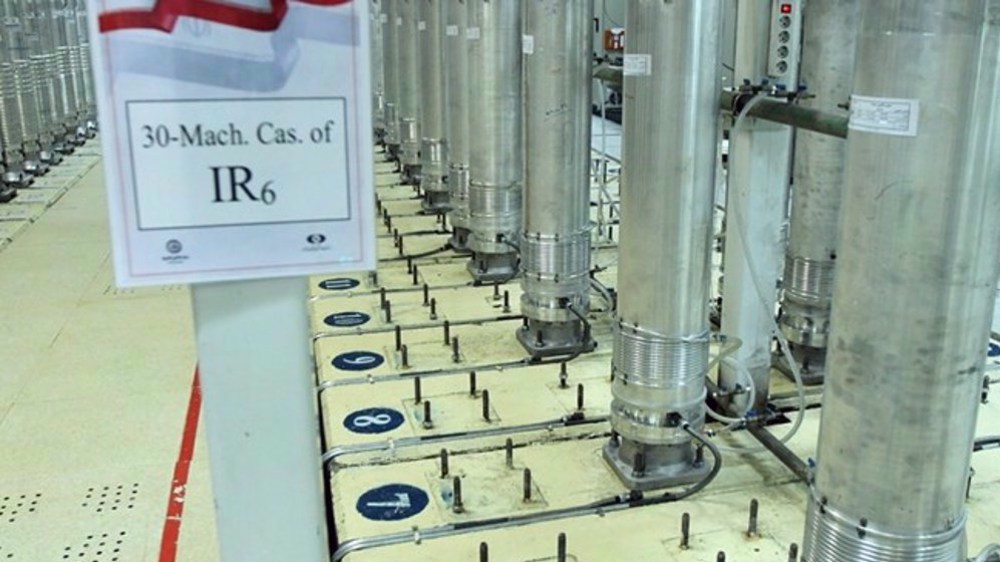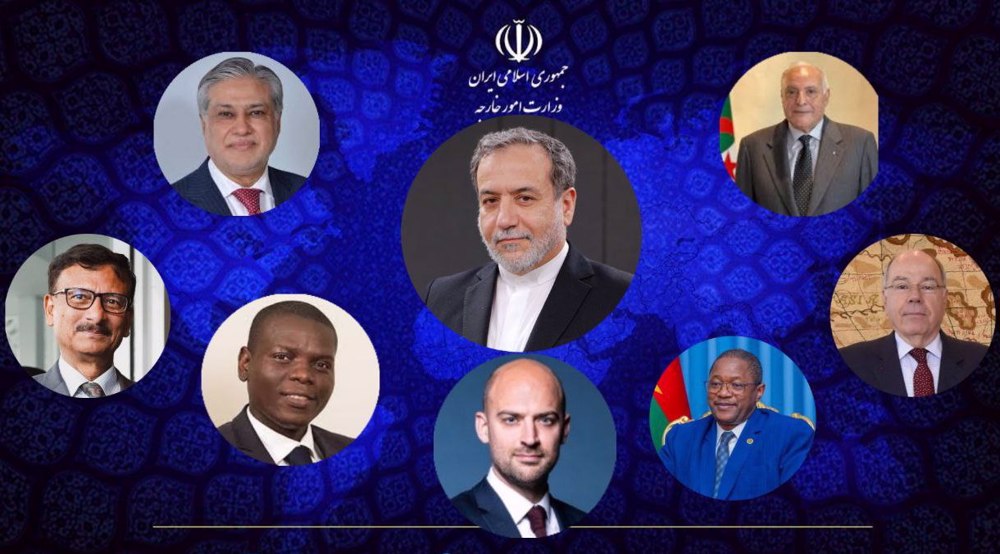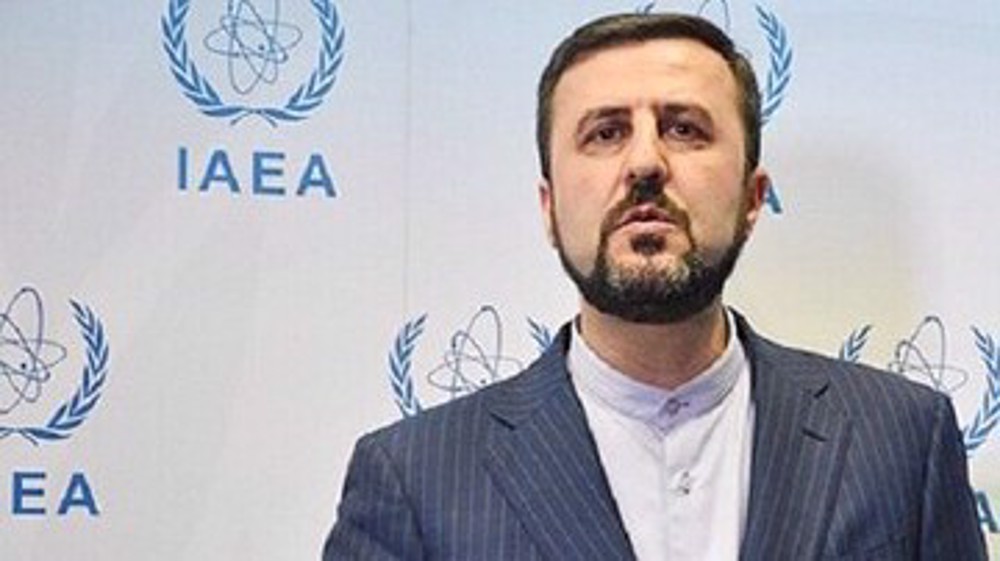EU will 'redouble efforts' for JCPOA preservation, full implementation: Spokesman
The European Union has pledged to make more efforts to preserve the 2015 multilateral nuclear agreement with Iran, after Tehran announced the beginning of the process to enrich uranium to a purity level of 20 percent at its Fordow nuclear facility.
“We will redouble our efforts to preserve the agreement and return to its full implementation by all parties,” EU spokesman Peter Stano said on Tuesday.
Iran’s move — which was announced on Monday — was taken under a law, dubbed the Strategic Action Plan to Counter Sanctions, which the Parliament (Majlis) approved late last year.
The legislation requires the AEOI to produce at least 120 kilograms of 20-percent enriched uranium annually and store it inside the country within two months of production.
Head of the Atomic Energy Organization of Iran (AEOI) Ali Akbar Salehi said on Tuesday that the country has the capability to produce up to 9 kilograms of enriched uranium with the purity of 20 percent per month.
Stano further said the EU noted Iran’s steps “with grave concern” and claimed that they represent “a significant departure from Iran’s nuclear commitments” under the multilateral agreement, officially known as the Joint Comprehensive Plan of Action (JCPOA).
He, however, added that “the strict verification and transparency measures remain in place” as per the JCPOA.
Iran’s resumption of the 20-percent uranium enrichment production was the latest step the country has taken since US President Donald Trump unilaterally withdrew Washington from the JCPOA in May 2018.
Washington then reinstated the sanctions that it had lifted once it became a JCPOA member, and also started to force other countries into committing to the bans and stopping their trade with Tehran.
In response to the US unilateral move, Tehran has so far rowed back on its nuclear commitments five times in compliance with Articles 26 and 36 of the JCPOA, but stressed that its retaliatory measures will be reversible as soon as Europe finds practical ways to shield the mutual trade from the US sanctions.
US actions root cause of Iran’s new enrichment move: Russia
Meanwhile, Russian Foreign Ministry spokeswoman Maria Zakharova also on Tuesday blamed Washington’s actions for Iran’s decision to resume enriching uranium to a higher level, which he said is “a deviation from the agreements enshrined in the JCPOA.”
“In recent years, the international community has developed a clear understanding that the root cause of such deviations is systematic gross violations of international obligations by the United States, which, contrary to Article 25 of the UN Charter, does not comply with UN Security Council Resolution 2231 and is deliberately creating obstacles to its implementation by other countries,” Zakharova said in a statement.
However, she said Iran’s move had nothing to do with its compliance with the Non-Proliferation Treaty (NPT).
“From this point of view, there are no claims against the Iranian side. All material enriched up to 20 percent is under the control of the IAEA. The agency does not see signs of Iran turning to use it for undeclared purposes that would contradict the NPT,” the Russian diplomat said.
It is “absolutely unacceptable” that the JCPOA project to repurpose the Fordow nuclear facility had long been “at gunpoint” of US sanctions, she said.
Zakharova called on Iran to be ready to reciprocate once the US abandons its efforts to undermine the JCPOA.
US vetoing of Gaza ceasefire resolution ‘disgraceful’: Iran’s UN envoy
VIDEO | IAEA adopts anti-Iran resolution tabled by E3
VIDEO | Iran's president urges Pope to help end Israel's onslaught in Gaza
Iran's senior legal official: ICC arrest warrant for Netanyahu ‘great victory'
Nov. 21: ‘Axis of Resistance’ operations against Israeli occupation
VIDEO | Israeli forces storm West Bank’s Jenin again, target civilians
Iran activates advanced centrifuges after IAEA's 'unjust' resolution
VIDEO | Press TV's news headlines











 This makes it easy to access the Press TV website
This makes it easy to access the Press TV website